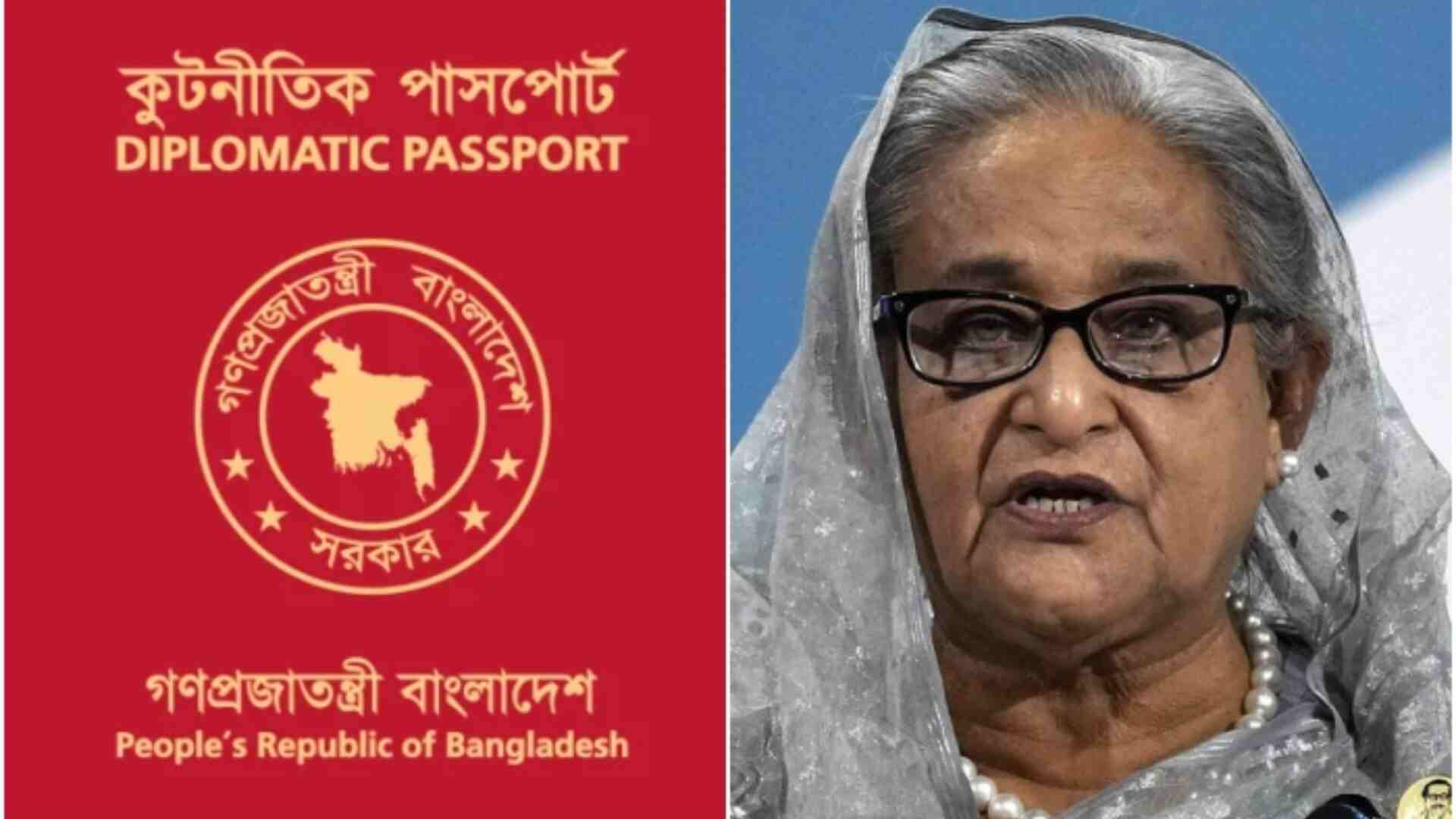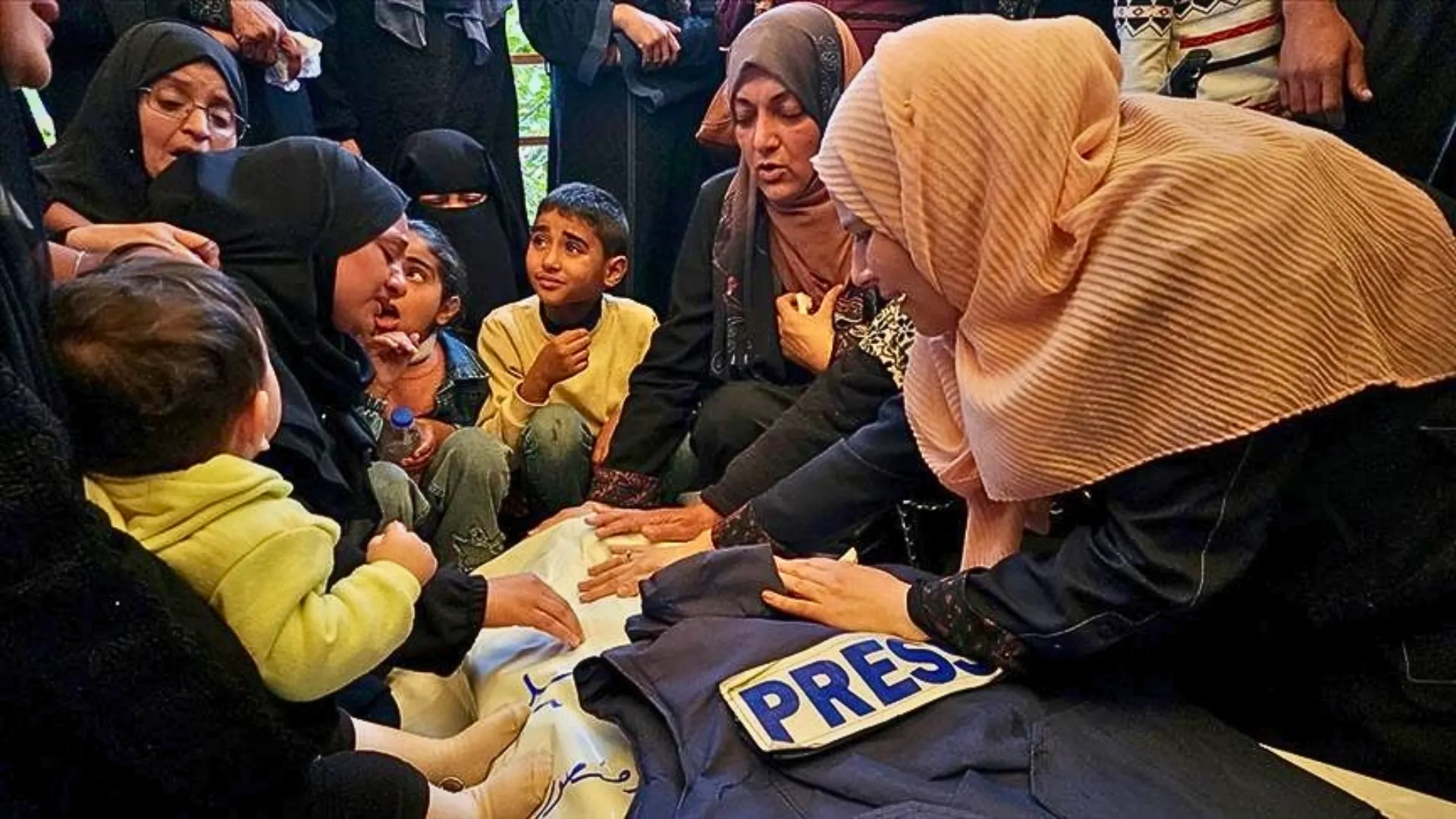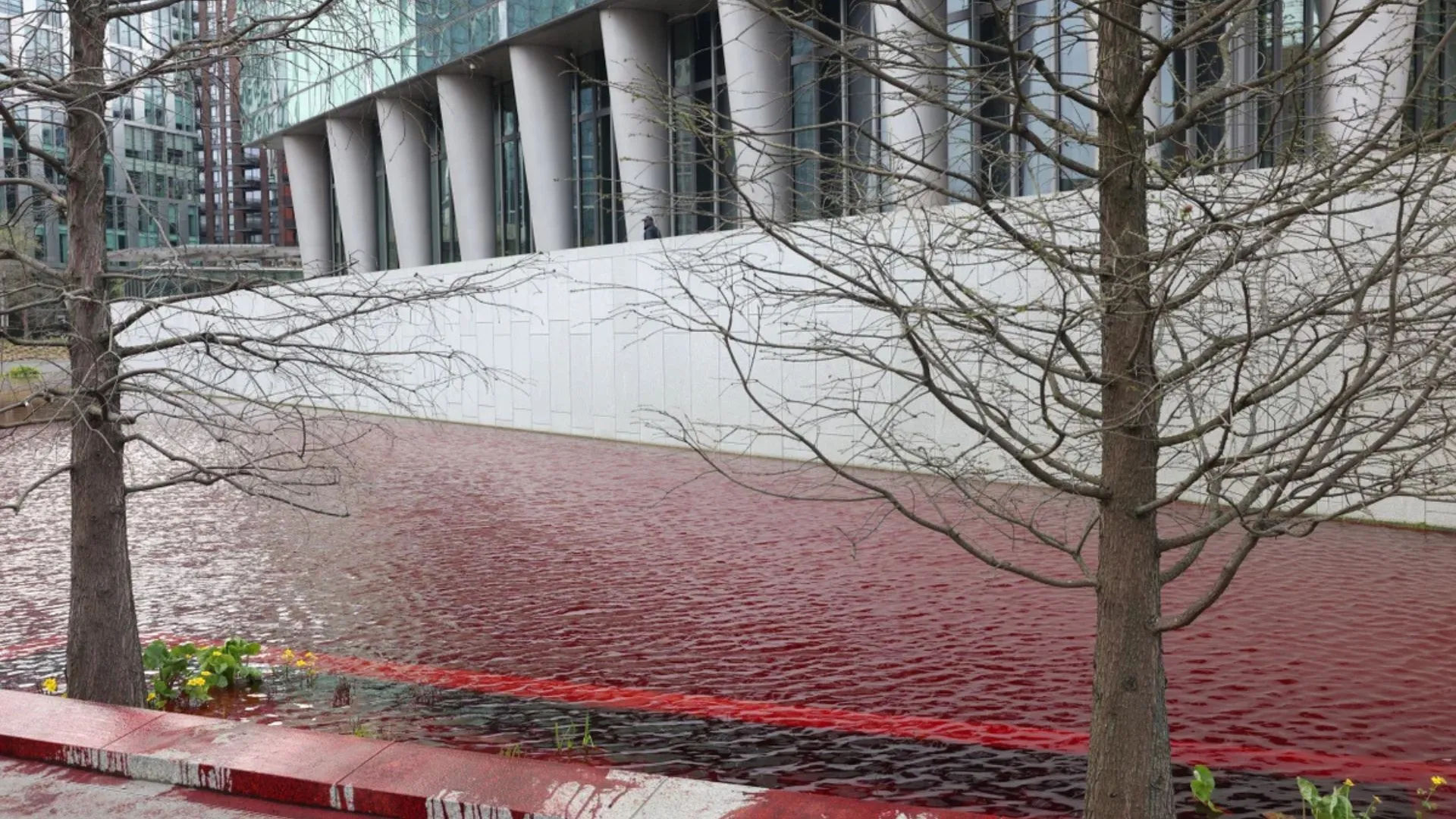Former Bangladesh Prime Minister Sheikh Hasina has been in India for nearly three weeks following her ouster due to a student-led uprising. While speculation surrounds her next steps, the situation has become more precarious as Bangladesh’s interim government revoked her diplomatic passport, raising concerns about her continued stay in India.
Diplomatic Passport Revoked
The security services division of Bangladesh’s home affairs ministry announced the immediate revocation of diplomatic passports for Sheikh Hasina, her advisors, former cabinet members, and all members of the recently dissolved 12th Jatiya Sangsad (Parliament), along with their spouses. This move follows the dissolution of Parliament by President Mohammed Shahabuddin in August, shortly after Hasina, 76, was forced to resign and leave the country.
The decision also affects diplomatic officials whose tenures have ended, with ordinary passports only being issued after clearance from at least two investigative agencies.
Risk of Extradition Looms
According to sources, Hasina holds no other passport besides her now-revoked diplomatic one, as reported by The Daily Star newspaper. Under Indian visa policy, Bangladeshi citizens with diplomatic or official passports can enter India without a visa and stay for up to 45 days. With Hasina already in India for 20 days, her legal stay is nearing its limit.
The cancellation of her diplomatic passport and its associated visa privileges raises the possibility of extradition to Bangladesh, where she faces 51 cases, including 42 for murder. The 2013 extradition treaty between Bangladesh and India, amended in 2016, provides the legal framework for such action. Although the treaty allows refusal of extradition for political charges, it explicitly excludes crimes like murder from being considered political.
However, one of the grounds for refusal of extradition is if the charges are not “made in good faith, in the interest of justice,” as reported by the state-run BSS news agency. This could be a significant factor in determining Hasina’s fate.
Uncertain Future
With her diplomatic passport revoked and legal challenges looming, Sheikh Hasina’s future remains uncertain. As the clock ticks on her stay in India, the former prime minister may soon have to navigate the complexities of international law and diplomatic negotiations to determine her next move.























